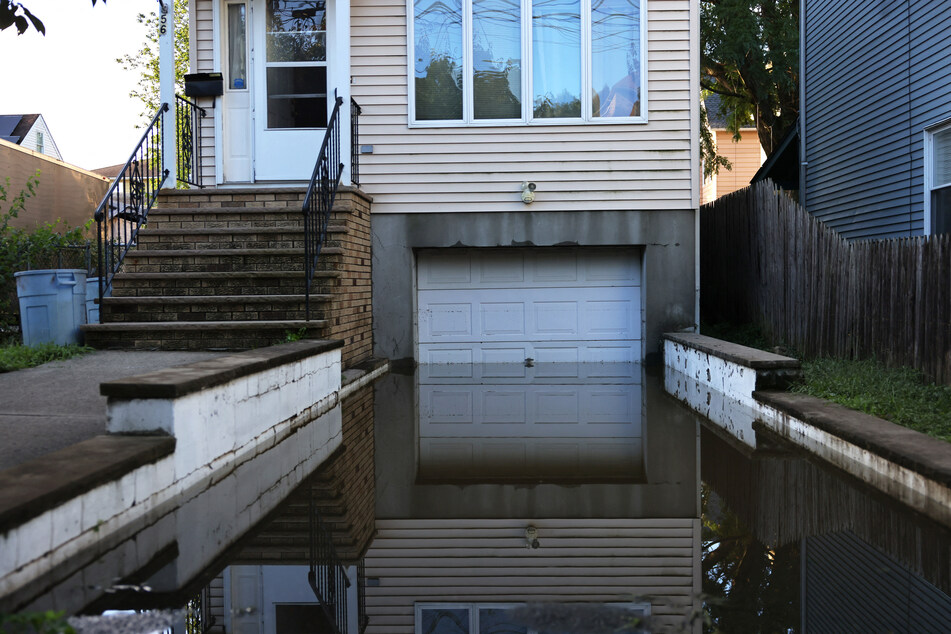How to prepare your home for heavy rain and floods
Homeowners around the world are increasingly being warned to prepare for the risk of residential areas suddenly becoming flooded, as areas overseas have been recently devastated by extreme rain. Here are some tips to help protect your home before it comes.

As droughts dry out soil and decrease its ability to soak up rainfall and climate change brings greater risks of heavy rainfall, sewage systems in many parts of the world have been unable to cope with water levels during storms.
Recent torrential downpours have caused catastrophic flooding and large-scale damage in Sudan and Pakistan.
For homeowners, it can mean not just damages, but deadly risks as floodwaters seep into basements and tiny streams swell into angry rivers.
Here are four important questions to ask if severe rainfall has been forecast in your area, to make sure you and your home are protected.
Do you have a working backwater valve in case of heavy rain?
Especially near hilltops and mountains, heavy rainfall can turn from annoying to deadly in minutes, as sewage systems and soil dried out from drought struggle to absorb the amount of water that is coming down.
In the worst-case scenario, water can wind up entering your home through the drains.
For this reason, it's worth installing a backwater valve, if you live in a region at risk of floods. This will help prevent wastewater from flooded sewage lines from backing up into your basement. This valve is even mandatory in some places.
If severe weather forecasted, it's worth doing a quick check to ensure the valve is functional.
Have you cleared away dangerous substances to prepare for heavy rain?
If you have any hazardous materials and chemicals lying around, such as gas, oil, pesticides, or paint, move them away from endangered areas of possible flooding, to make sure they do not enter the water.
If toxic substances do wind up in the water around your home, you will need to call emergency services to remove them.
You may also want to take measures to make sure your heating oil tank won't float away, either by anchoring it to the wall or weighing it down with ballast.
Have you switched off your electricity to prepare for heavy rain?
With the threat of heavy rain, disconnect electrical appliances and the heating system from the power supply in the rooms that are most in danger of being flooded.
If an emergency occurs, flip the circuit breaker to cut the power to your entire home.
If water causes a short circuit, it would be a deadly hazard later when you're cleaning up. People have been electrocuted in the past from touching water in their flooded basement.
Do you have materials to protect your home from heavy rain?
Placing sandbags in front of your doors, windows, and any large holes can help protect your home during minor street flooding.
You can also use shuttering boards, waterproof plywood, and silicone to help waterproof your home ahead of time.
Best of all are mobile protective walls that don't need much preparation and can protect you from flooding. Just place them in front of the entrances to your building.
With these helpful tips, you've got a much better shot at staying safe and staying dry!
Cover photo: MICHAEL M. SANTIAGO / GETTY IMAGES NORTH AMERICA / GETTY IMAGES VIA AFP